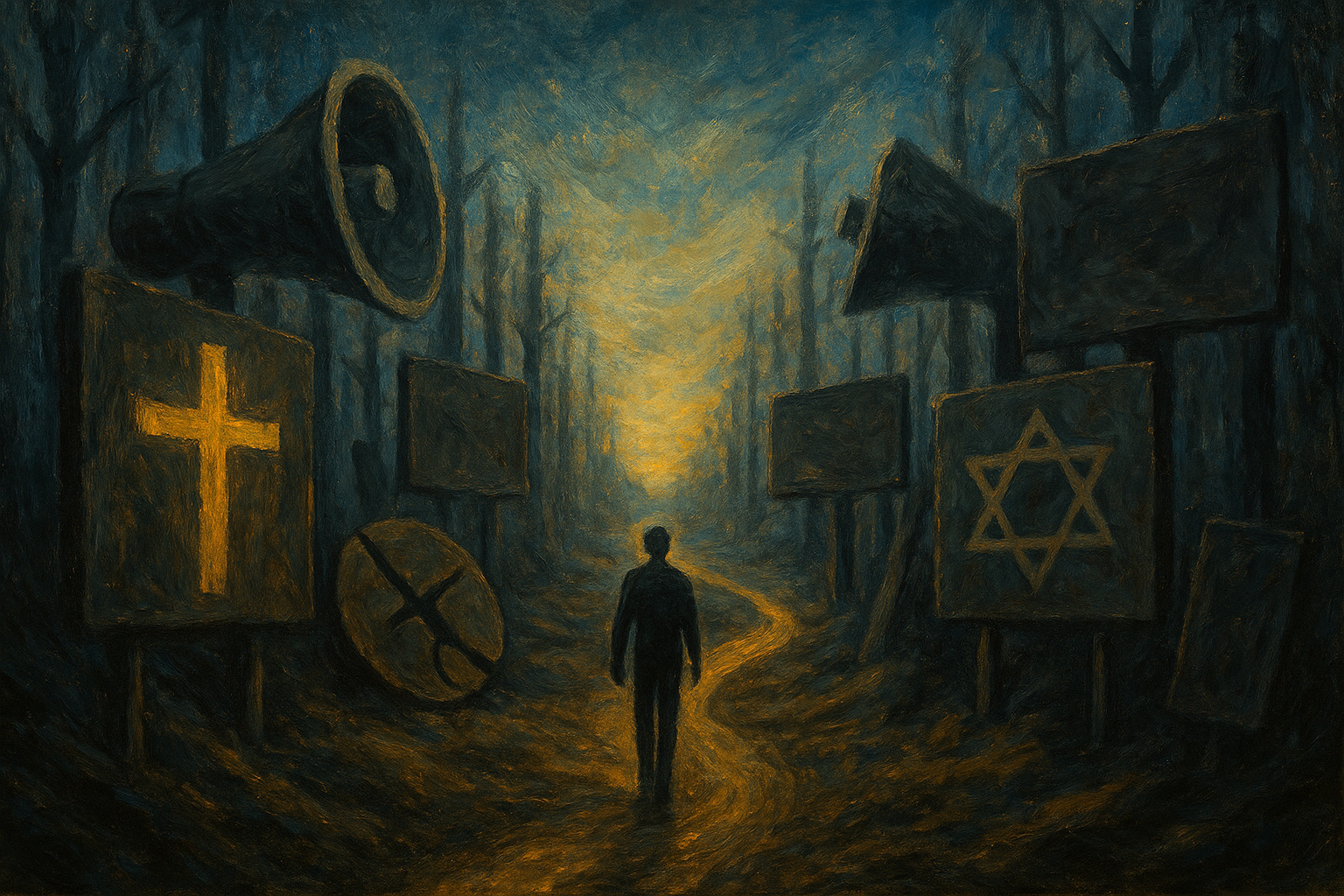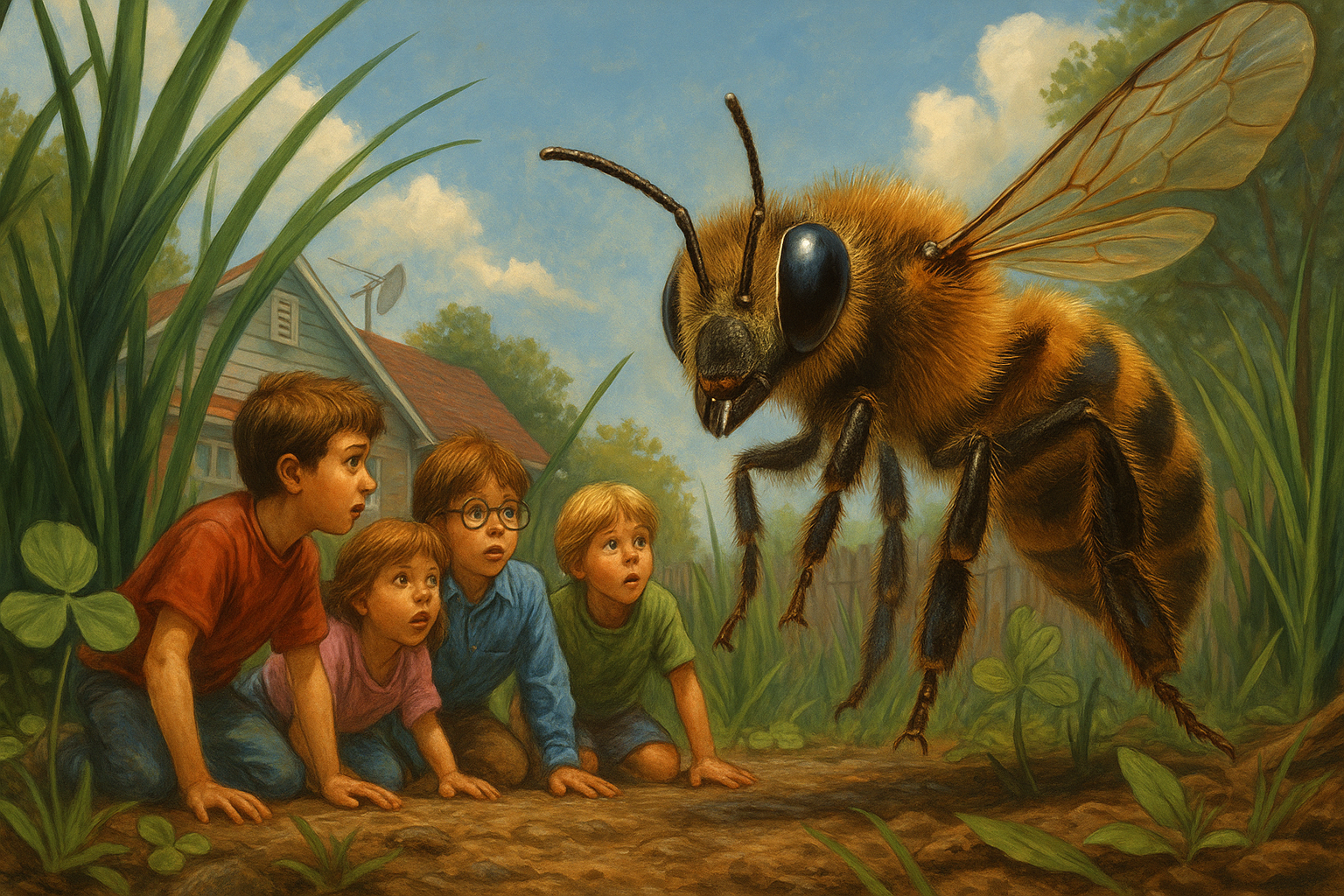
Marie’s Blog

What “Trauma-Informed” Really Means—and What It Doesn’t
Being trauma-informed doesn’t mean someone understands your personal history—it usually just means they’re using general principles designed to reduce harm. Here's how to tell the difference and why it matters.
Learning to Feel: Reclaiming Emotions After Spiritual Mistranslation
For years, I thought I didn’t have emotions—only divine messages. Now I’m learning that what I called God was often just me, feeling things I never had the words for.
How the World Was Filtered: What I Missed Growing Up Evangelical
I used to think I was the only one who didn’t believe in the “man in the sky.” Now I see I was one of many whose view of the world was filtered through religion—cut off from how the world really works. This is what I wish I’d known about politics, media, money, education, and more.
Rediscovering Art, Emotion, and Comedy Beyond Celebrity Culture
This piece explores how celebrity culture obscures the emotional roots of art and humor, and what it means to see performers as emotional vessels rather than just public personas.
Approaching the Fear of Death After Evangelicalism
This piece offers a trauma-informed guide to navigating the fear of pain, dying, and death after leaving evangelical frameworks—through nervous system grounding, somatic awareness, and reframing mortality as part of life, not a punishment.
How to Make Ethical Choices Without a Rulebook
This post explores what morality looks like after religious or external authority falls away—how to act with integrity, weigh harm, and stay human in a world where there are no guaranteed right answers.
Living So You Don’t Fear Dying: The Real Work of Being Human
This post explores what it means to live with nothing withheld—to spend your life fully, meet death with clean grief instead of regret, and become the kind of person who doesn't flinch at the end.
Climbing Out of Survival: What Comes After Waking Up
This piece explores the disorienting, profound, and often lonely territory of post-awakening life—where self-trust replaces panic, becoming replaces fixing, and the climb is no longer about escape but emergence.
Crossing the Threshold from Survival to Self-Authorship
After rebuilding your internal decoder and restoring body-mind integration, the next phase is about living with intention—trading vigilance for agency, and shifting from healing to creation.
Why Honey, I Shrunk the Kids Still Feels So Wholesome
A look at how Honey, I Shrunk the Kids balances heartfelt family dynamics, childlike wonder, and backyard sci-fi to create one of the most sincerely wholesome films of its era.









